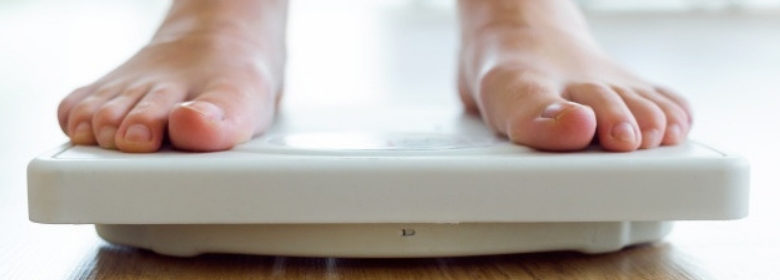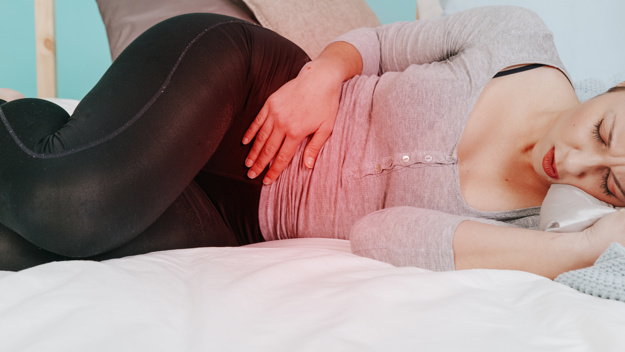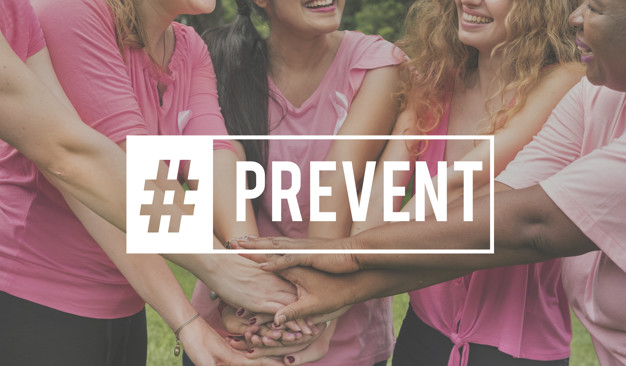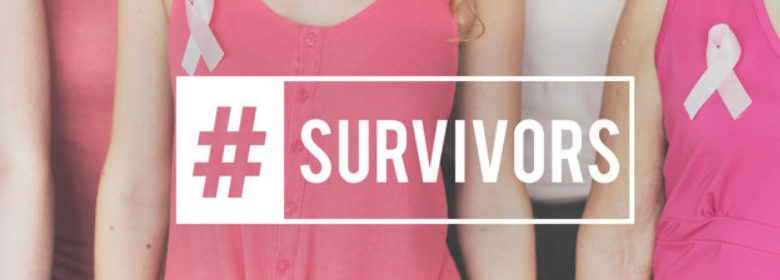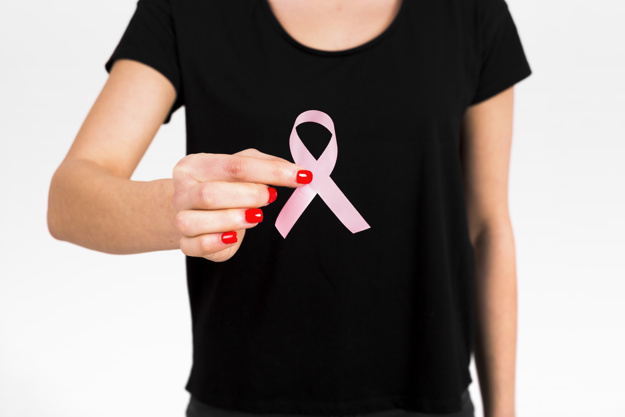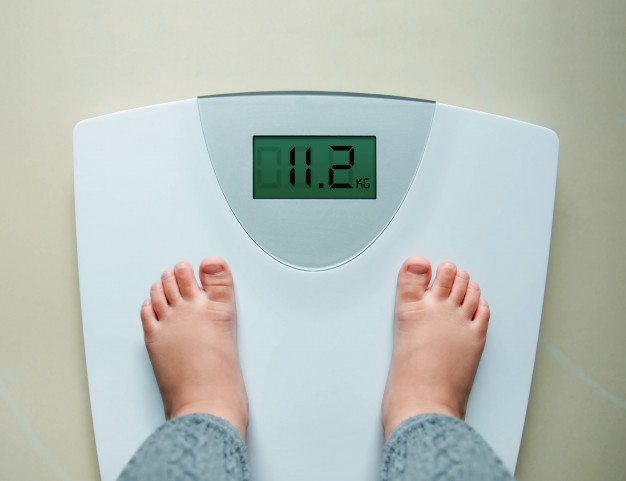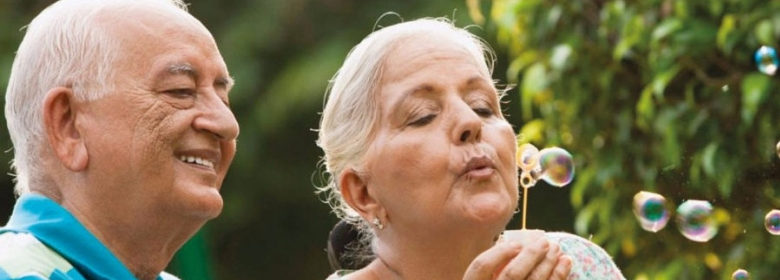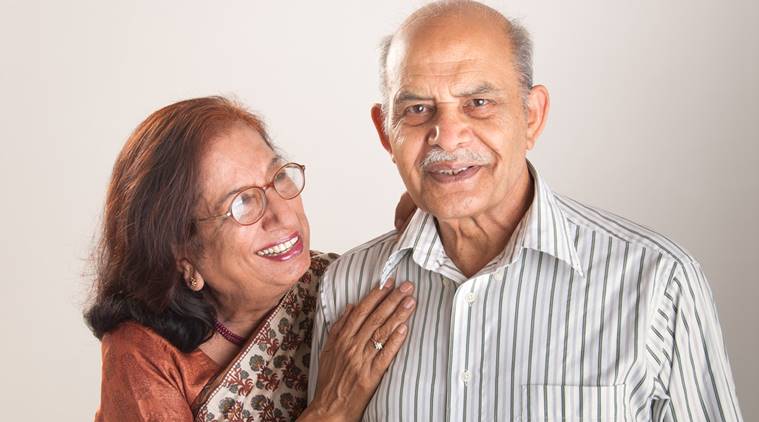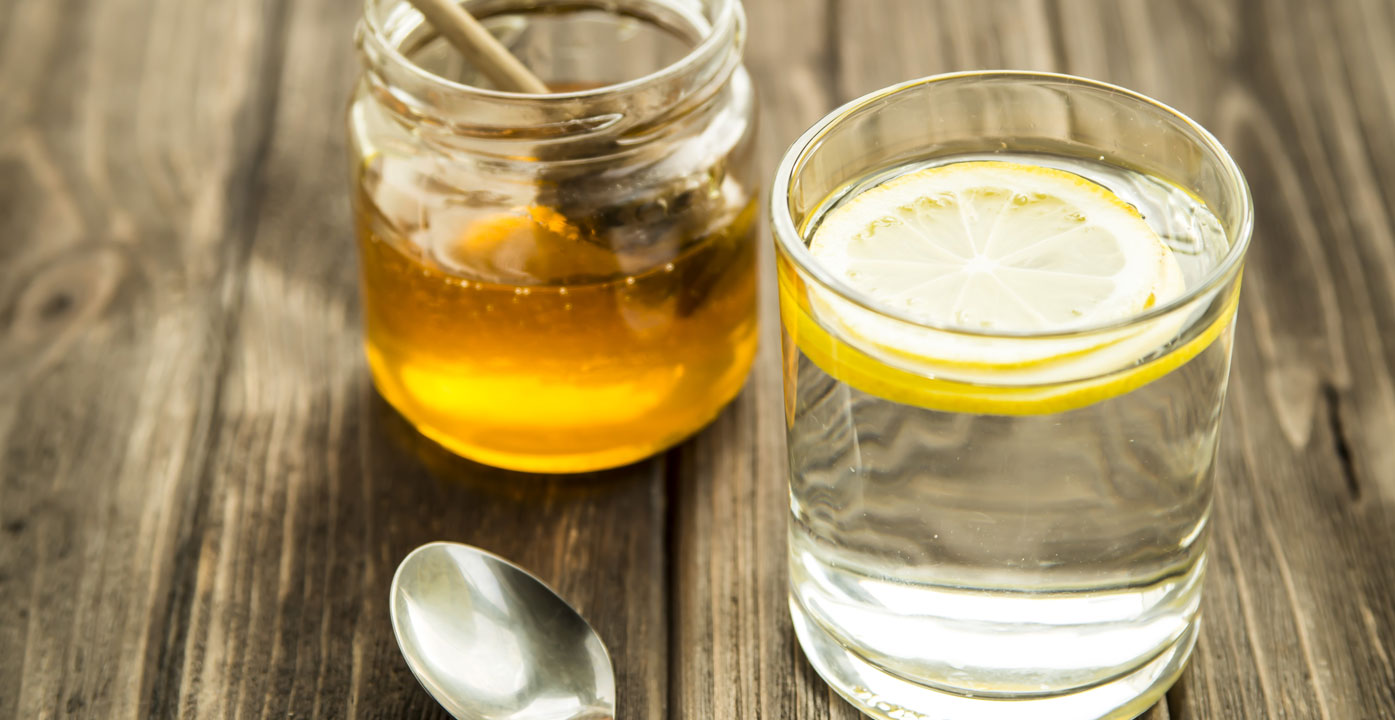What Exactly Is a Hormone Imbalance — and What’s a Girl to Do About It?

From the time we’re born, our hormones are responsible for our appetite, sleep patterns, how we respond to stress, our moods- whether we’re happy or anxious, and everything in between.
The word “hormones,” brings up images of menopause, mood swings and what not! Hormones have a direct effect on our thyroid, ovaries, and sleep patterns. They regulate how hormones like, estrogen, progesterone, testosterone, and melatonin function in the body.
Cortisol and insulin — “stress” and “blood sugar” hormones are the ones that first get imbalanced. How do we even know which hormones are imbalanced, much less what symptoms we should be looking for to figure out if our hormones are out of whack?
Here are some of the first symptoms of hormone imbalance to look out for:
- If you have trouble falling asleep at night.
- You are tired even after seven to nine hours of sleep.
- If you need caffeine just to get going in the morning.
- You need more caffeine or sugar during the day to keep you going.
- You notice emotional PMS symptoms, like mood swings, angry outbursts, or energy crashes.
- You get “hungry” more often than you care to admit!
If you experience one or more of these symptoms, you may have dysregulated cortisol, insulin, or both. So, what’s a hormonally imbalanced girl to do?
- Make eating into a mindful practice
When and how you eat is just as important as what you eat. So, sit down while eating, chew your food at least for about 20 to 30 times and focus on something positive while doing the same because when you’re stressed out, your can’t easily absorb the nutrients you’re consuming. Hence, it doesn’t matter how healthy you eat!
- Cut back on alcoholic beverages
Alcohol raises your estrogen levels. Excess estrogen can trigger heavier- longer periods , cause breast pain and headaches, and raging PMS.
Now do you see the connection between what we eat and drink and our period problems?
- Consider how caffeine is affecting you
Most of us need caffeine just to get by. Though you experience anxiety or feel like you can’t get out of bed in the morning, have energy crashes in the day, or have trouble falling asleep at night. Caffeine may just add on to your health issues by disrupting your hormonal imbalance
Hormonal imbalances may increase your risk of obesity, diabetes, heart disease and other health problems.. Hormones seem to be talking to each other all day long, so once you work on one hormone, the rest will start to fall in line.
Consuming nutritious foods, exercising on a regular basis and engaging in other healthy behaviors can go a long way toward improving your hormonal health.
https://www.healthline.com/nutrition/balance-hormones#section13







